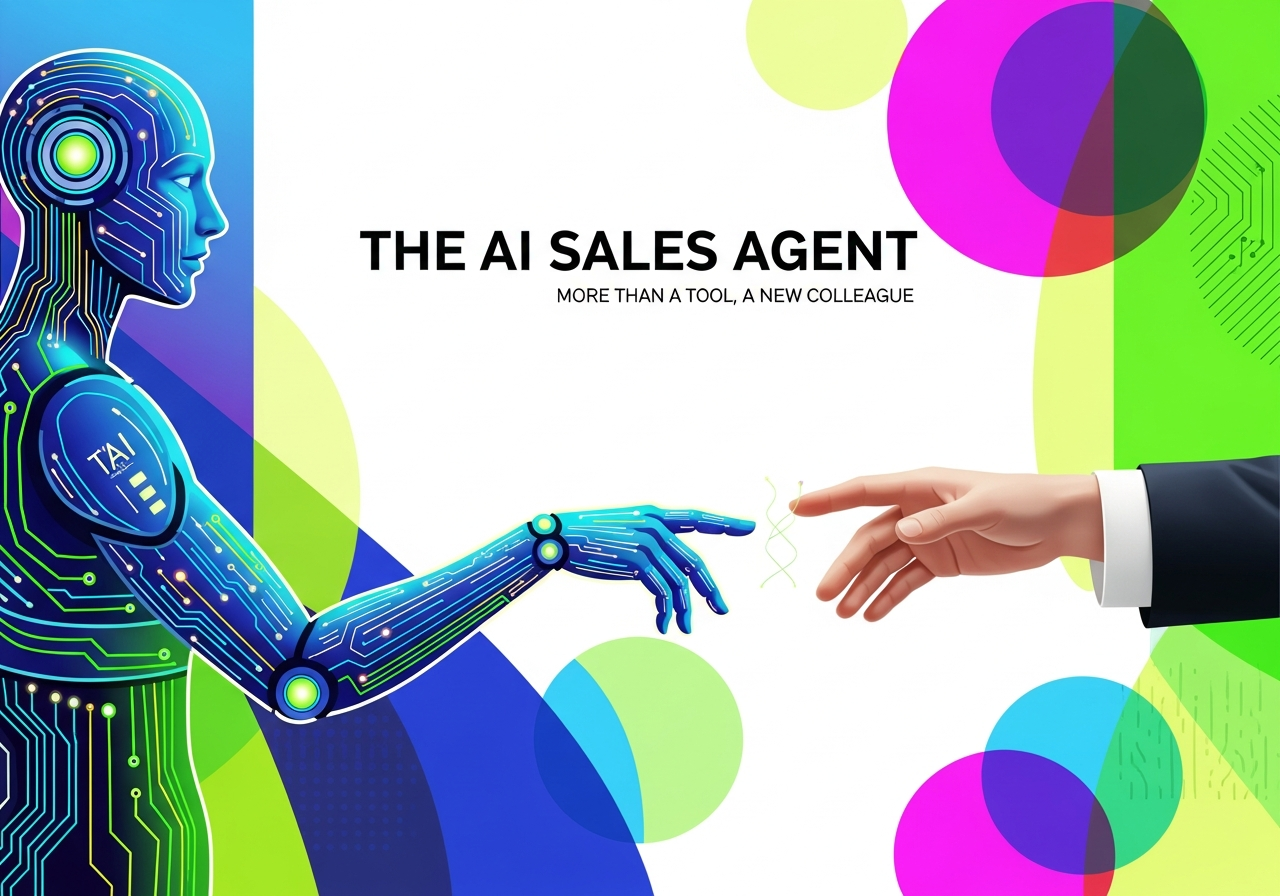Die Anatomie des neuen Kollegen: Was ist ein autonomer Vertriebsagent?
Ein autonomer Vertriebsagent ist weit mehr als eine verbesserte CRM-Funktion oder ein einfacher Chatbot. Er ist ein proaktives System, das eigenständig komplexe Aufgaben der Vertriebskette ausführt. Während traditionelle Automatisierungswerkzeuge reaktiv sind und auf Auslöser warten, handelt der Agent autonom. Er kombiniert große Sprachmodelle (LLMs) mit dem Zugriff auf interne Daten (wie CRM-Systeme) und externe Datenquellen (wie Branchennachrichten oder Handelsregister). Er kann potenzielle Kunden nicht nur identifizieren, sondern auch deren Eignung analysieren, personalisierte erste Kontaktsequenzen entwerfen und sogar eigenständig Interaktionen durchführen. Die Boston Consulting Group (BCG) bezeichnet diese Systeme treffend als "digitale Teammitglieder". Laut BCG könnten diese Agenten bis zu 40% der derzeitigen Vertriebsaufgaben übernehmen, von der Recherche bis zur ersten Kontaktaufnahme. Der entscheidende Unterschied ist der Sprung von der Unterstützung zur eigenständigen Ausführung.


